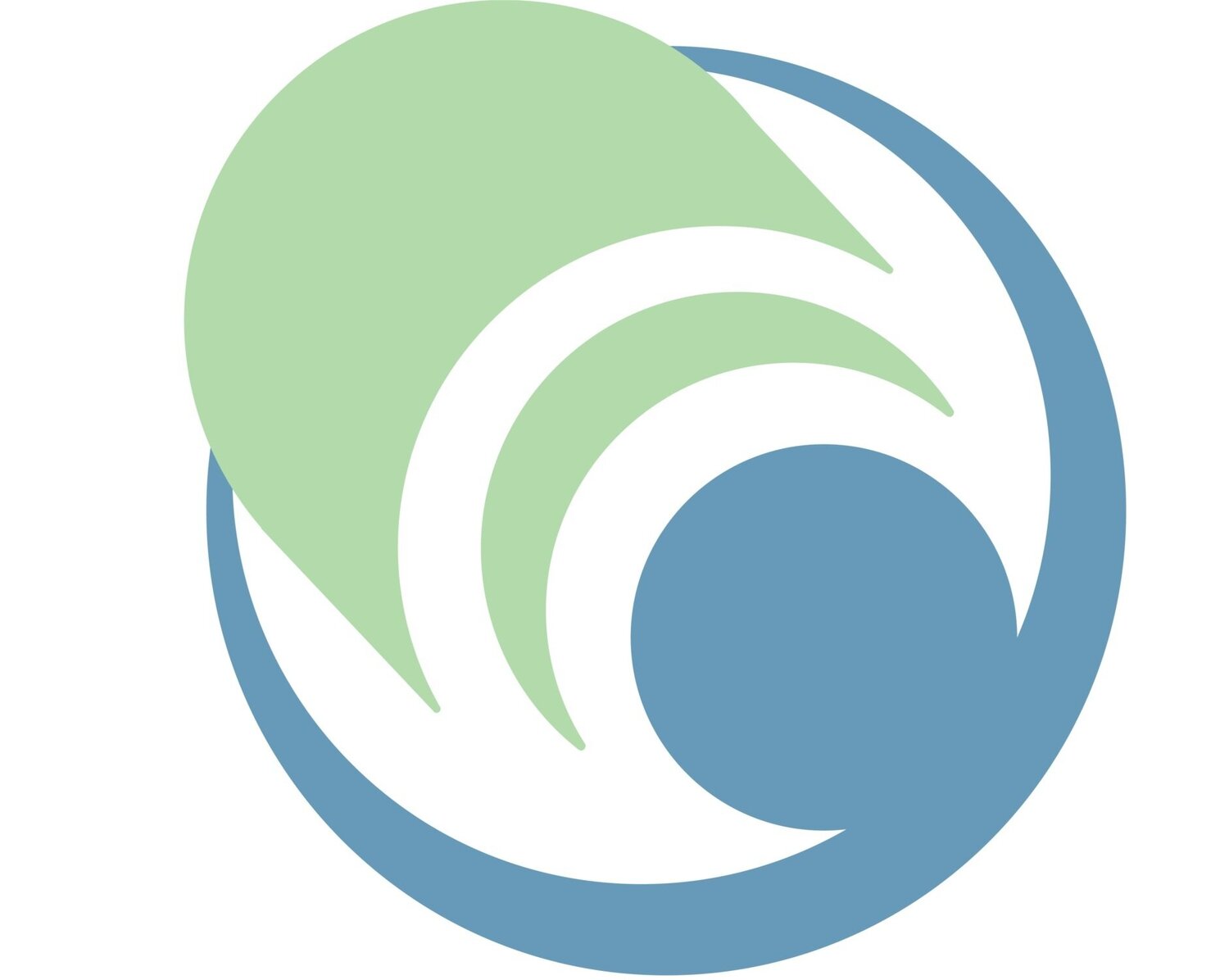
Services
Acupuncture
Acupuncture is a traditional Chinese Medical practice of inserting very thin needles into specific points on the body to act upon the flow of energy throughout the body. The promotion of the flow of energy can remove blockages and imbalances restoring the bodies natural ability to function and to heal. A typical treatment approximately 45 minutes. The treatment includes an intake and assessment of condition, a treatment with acupuncture followed by removal of needles and Tui Na.
Tui Na
Tui Na is a form of Chinese medical massage. Tui Na uses a variety of pressing, rubbing, kneading, rolling and grasping of points and areas of the body as a way to remove blockages and restrictions. As with the other modalities of treatment at Collective Healing, we utilize both the knowledge of traditional medical techniques and modern medical biology, anatomy and physiology.
Tui Na sessions are tailored to the needs of the patient. Each session will focus on the major blockages of the patient and root causes of the restriction of energy flow. As needed Tui Na treatment can also include some assisted movements to increase of motion and decrease restrictions.
Coaching
Coaching is the process of meeting someone where they are at, assisting them with defining their goals, objectives and focus and then assisting them with defining action steps to achieve their goals and objectives, quickly. Coaches hold their clients accountable, challenge their clients to be the best they can be and assist individuals with navigating change, transitions, challenges and obstacles.
How does coaching work?
The client must have a goal, objective or a specific outcome they are looking to achieve. The client must be committed to the process and to working to achieve the goal. The coach assists the client with achieving their goals and objectives by helping the client to define actionable steps to achieve those goals more quickly then they would be able to on their own.The coach holds the client accountable and working as their partner to assist the client with staying on track or making adjustments if necessary.
Cupping
Cupping refers to the practice of using glass or plastic cups to create a suction effect on the skin to increase blood circulation, loosen muscles and connective tissue, and create a soothing effect on the nervous system. Cups can be left stationary or can be moved over the surface of the skin.
Pediatrics
For children we customize the treatment to meet them where they are at due to their age, size and willingness. We have a variety of techniques that we use to help them heal and or restore a healthy function. Pediatric Acupuncture has been used for thousands of years to prevent illness, balance qi and bring homeostasis back to the body. With children we often use a technique called Shonishin, a needleless acupuncture treatment, that can offer the same benefits to children as acupuncture does to adults.
With children we may also use a body work style called Tui Na, which is a version of Chinese medical massage used to improve many conditions. In our office visits, we educated our patients and the parents about the blockages we find (areas of tension) and how they can contribute to their illness or dysfunction. We can also show the parents how to continue this Tui Na / Chinese medical massage at home to help the children improve between office visits. Treatment details (frequency, strength and dosage) will depend on the child’s age, health and other factors. Most practitioners will keep sessions under 30-45 minutes, and best results are seen with regular upkeep.
Additionally, other TCM methods, such as cupping, Gua Sha and acupressure, may be used in conjunction to shonishin.
We treat infants to teenagers in our pediatric practice. If you have any questions, always feel free to ask.
Reflexology
Reflexology is the application of appropriate pressure to specific points and areas on the feet, hands, or ears. Reflexologists believe that these reflex points correspond to different body organs and systems, and that pressing them creates real benefits for the person's health.
For example, reflexology holds that a specific spot in the arch of the foot corresponds to the bladder. When a reflexologist uses thumbs or fingers to apply appropriate pressure to this area, it may affect bladder functioning.
Reflexologists use foot maps to guide their work, such as the reflexology chart shown on the right. The left foot corresponds to the organs found on the left side of the body and the right foot to the organs on the right side.
Book a Consultation
Lorem ipsum dolor sit amet nullam vel ultricies metus, at tincidunt arcu.
